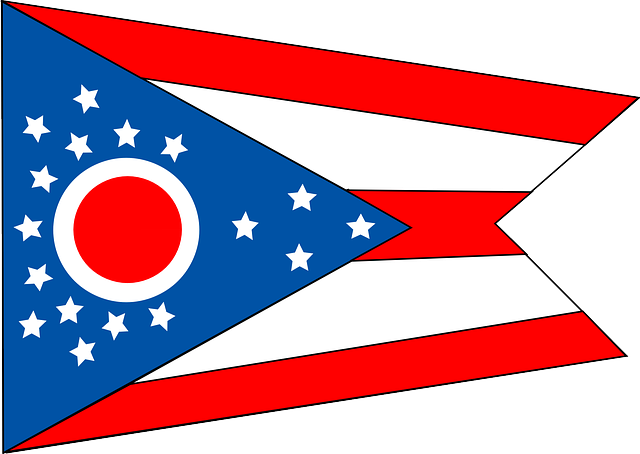Share This Article:

Columbus, OH (WorkersCompensation.com) -- According to Black's Law Dictionary, subrogation is the substitution of one thing or another, or of one person into the place of another with respect to rights, claims, or securities.
Subrogation often comes up in the insurance context because it allows an insurer who has paid out on a claim to go after some allegedly responsible party to recoup damages.
Not surprisingly, one of the contexts where it comes up is in workers' compensation, and Ohio has spelled out some rules regarding subrogation in the Buckeye State, as follows.
Ohio Workers' Compensation Subrogation
Subrogation is the process by which the Bureau of Workers' Compensation collects medical and compensation costs paid on behalf of injured workers when a third party causes the compensable injury. In the majority of circumstances, for subrogation to occur, the injured worker must collect a judgment or settlement from the at-fault party or defendant.
Types of Claims that May Be Subject to Third party Suit and Subrogation
- Motor vehicle accidents
- Premises liability, such as a slip and fall that is not on company property
- Product liability, like a machine malfunction
- Medical malpractice
- Construction site accidents that are caused by a third party
- Dog bites or animal attacks
Settlement with a Third Party
If a claimant, statutory subrogee, and third party settle or attempt to settle a claimant's claim against a third party:
- The claimant will receive an amount equal to the uncompensated damages divided by the sum of the subrogation interest plus the uncompensated damages, multiplied by the net amount recovered.
- The statutory subrogee will receive an amount equal to the subrogation interest divided by the sum of the subrogation interest plus the uncompensated damages, multiplied by the net amount recovered, except that the net amount recovered may instead be divided and paid on a more fair and reasonable basis that is agreed to by the parties.
If while attempting to settle, the parties cannot agree to the allocation of the net amount recovered, the parties may file a request with the administrator of workers' compensation for a conference to be conducted by a designee appointed by the administrator, or the claimant and statutory subrogee may agree to utilize any other binding or non-binding alternative dispute resolution process.
Get into the state info from you state by checking out SimplyResearch
AI california case management case management focus claims compensability compliance courts covid do you know the rule emotions exclusive remedy florida FMLA fraud glossary check Healthcare health care hr homeroom insurance insurers iowa leadership medical NCCI new jersey new york ohio osha pennsylvania roadmap Safety state info technology texas violence WDYT what do you think women's history women's history month workcompcollege workers' comp 101 workers' recovery Workplace Safety Workplace Violence
Read Also
- Apr 24, 2025
- Frank Ferreri
- Apr 24, 2025
- Liz Carey
About The Author
About The Author
-
Frank Ferreri
Frank Ferreri, M.A., J.D. covers workers' compensation legal issues. He has published books, articles, and other material on multiple areas of employment, insurance, and disability law. Frank received his master's degree from the University of South Florida and juris doctor from the University of Florida Levin College of Law. Frank encourages everyone to consider helping out the Kind Souls Foundation and Kids' Chance of America.
More by This Author
Read More
- Apr 24, 2025
- Frank Ferreri
- Apr 24, 2025
- Liz Carey
- Apr 24, 2025
- Claire Muselman
- Apr 24, 2025
- Chris Parker
- Apr 24, 2025
- Anne Llewellyn
- Apr 23, 2025
- Claire Muselman




